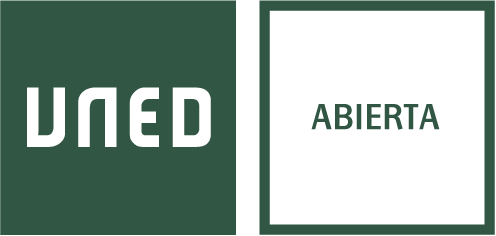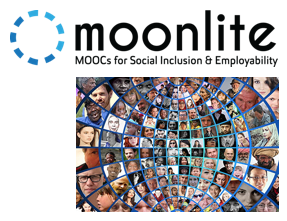About This Course
This course is about the application of MOOCs for displaced people (refugees and migrants) with a view to their social inclusion, employment, and access to higher education. The contents of this MOOC have theoretical, pedagogical and practical aspects, and present case studies of different MOOC application scenarios in four European countries (Germany, Spain, Sweden, and the UK).
The course deals with the different aspects of this process so that anyone working with refugees and migrants, or considering doing so, can understand the benefits and difficulties of using MOOCs and acquire relevant knowledge and best practices.
Target audience
This MOOC is intended for anyone (teachers, researchers, social workers, educational authorities, people at MOOC providers, associations and foundations, support groups, and other NGOs) interested in the design, development and application of MOOCs for displaced people in a situation of vulnerability, in order to help improve their social inclusion and employability.
The MOOC is also of interest to anyone who wants to develop or use MOOCs in a more inclusive way. The starting point are migrants and refugees but concepts and practices apply to inclusive approaches in general, i.e, how MOOCs can be designed and applied for a broader audience, thereby contributing to an inclusive higher education system.
Specific objectives
To help all interested parties gain a better understanding of the problems that refugees have and how MOOCs can be used to help them.
To familiarize MOOC providers with the learning specifics of refugees, migrants and support groups (associations, foundations and NGOs).
To help support groups gain awareness of open education, especially that related to the development of linguistic and entrepreneurial skills.
To provide a better understanding of how MOOCs are developed/executed and their underlying business model.
To create a dialogue between MOOC providers and support groups around how to exploit open education in the context of higher education institutions for refugees, and migrants.
Duration
This course will be left permanently open as an open educational resource to be consulted but the forum will not be attended since the course is not live.
Structure
Module 0: Presentation of the course, its educational context and the MOONLITE project.
Module 1: Introduction. Contextualization of open and online education for displaced people related to language learning and employability.
Module 2: Case studies part 1. Analysis of the application of MOOCs for displaced people and students in two European higher education institutions.
Module 3: Case studies part 2. Analysis of the application of MOOCs for displaced persons in two other higher education institutions.
Module 4: The application of a cost-benefit analysis tool to the triple-bottom line of MOOC applications: economic profitability, social responsibility and environmental sustainability.
Module 5: Synthesis of the best practices of the application of inclusive MOOCs.
The MOONLITE Project
This MOOC forms part of the ERASMUS+ project MOONLITE (Massive Open Online courses eNhancing Linguistic and Transversal skills for social inclusion and Employability; ref. no.: 2016-1-ES01-KA203-025731; http://moonliteproject.eu). While the project has been funded by the European Commission, its content reflects only the views of its members. Neither the European Commission nor the National Agency can be held responsible for any use which may be made of the information contained therein.
The project consortium is led by the ATLAS research group from UNED (www.uned.es) and made up of research groups from the following partner institutions: ESCP Europe Business School (www.escpeurope.eu/berlin), the European Association of Distance Teaching Universities (EADTU; https://eadtu.eu/), the Knowledge Innovation Centre (www.knowledgeinnovation.eu), Linnaeus University (https://lnu.se/en/), University of Wolverhampton (www.wlv.ac.uk), and Web2Learn (www.web2learn.eu).
The scenarios presented in this MOOC have been provided by the higher education institution project members, namely: ESCP in Germany, Linnaeus University in Sweden, the University of Wolverhampton in the UK, and UNED in Spain. As such, they represent four educational and social European contexts illustrating different types of problems and solutions that people considering the use of MOOCs with refugees and migrants might face.


ACREDITACIONES:
Este curso sólo dispondrá de Badge y credencial. +info



